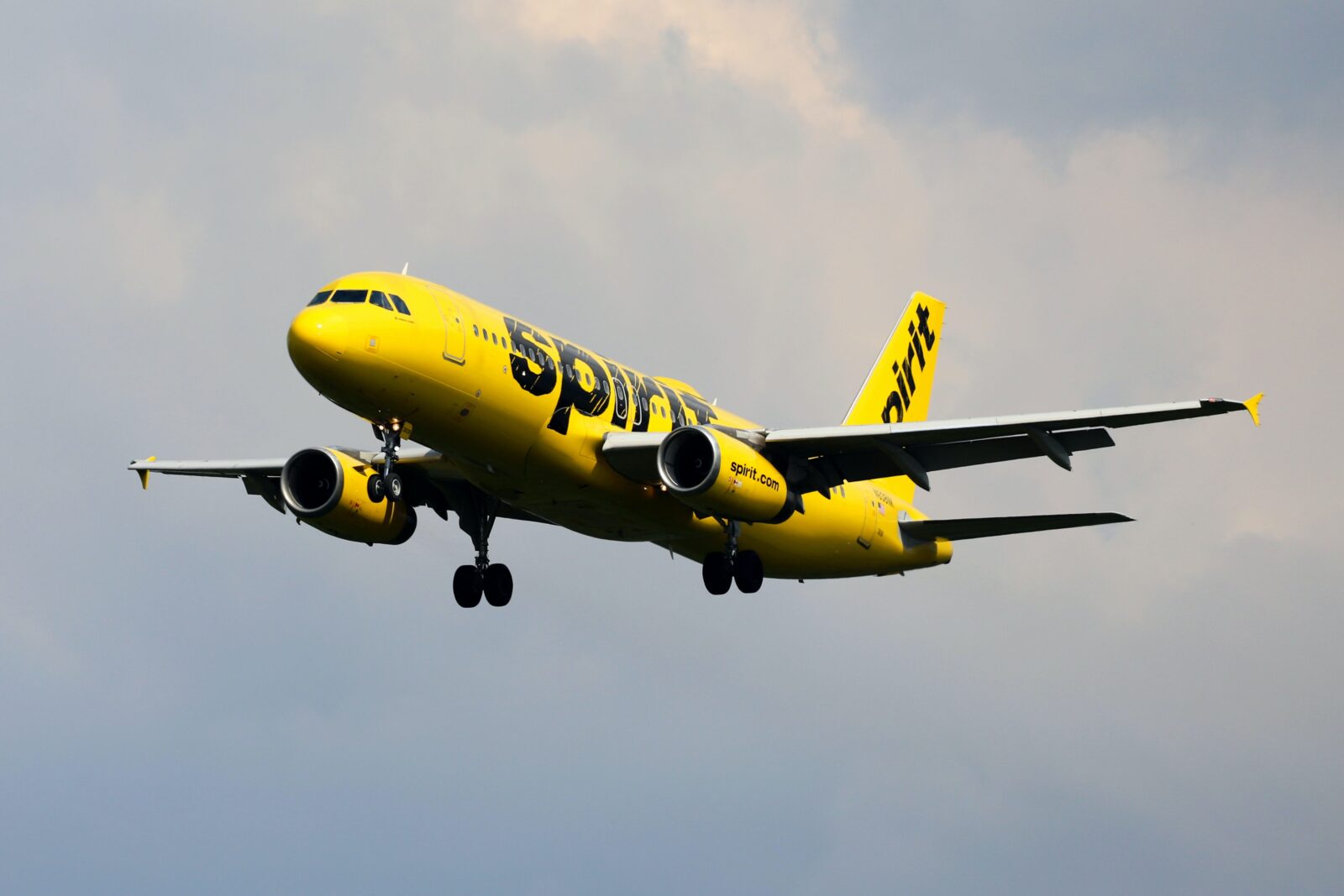
The embattled ultra-low-cost carrier Spirit Airlines has sought to reassure customers that their travel plans remain intact after announcing early on Monday morning that it was entering Chapter 11 bankruptcy protection.
The news comes just days after talks with rival Frontier Airlines over a potential merger had fallen into disarray as Spirit attempted to reorganize its mounting debts.
Chief executive Ted Christie set about attempting to calm a jittery market and nervous passengers, saying that Spirit will continue operating as scheduled throughout the Chapter 11 bankruptcy process.
If all goes to plan, Christie believes that the beleaguered Florida-based carrier can emerge from the restructuring process within the first quarter of 2025.
Spirit has been in talks with bondholders since early October over what a restructuring of the airline’s finances might look like, and on Monday, the airline that it had entered into a restructuring support agreement.
The RSA is supported by a supermajority of Spirit’s loyalty and convertible bondholders, who have pledged $350 million in an equity investment to keep the carrier afloat.
Throughout the Chapter 11 process, Spirit says that customers will be able to book flights as normal and that employees will continue to be paid. The airline has also sought to reassure suppliers and vendors that bills will continue to be paid as normal.
“I am pleased we have reached an agreement with a supermajority of both our loyalty and convertible bondholders on a comprehensive recapitalization of the Company, which is a strong vote of confidence in Spirit and our long-term plan,” commented Christie following the announcement on Monday.
“This set of transactions will materially strengthen our balance sheet and position Spirit for the future while we continue executing on our strategic initiatives to transform our Guest experience, providing new enhanced travel options, greater value and increased flexibility.”
The writing for Spirit has been on the wall for some time and, in many respects, can be traced back to February 2022, when the airline announced its intention to merge with Frontier Airlines in a deal that would have created the fifth-largest airline in the United States.
However, That deal was abandoned when JetBlue wooed Spirit’s shareholders with a bumper takeover bid primarily aimed at taking over Spirit’s fleet of Airbus single-aisle planes to drive JetBlue’s own ambitious expansion plans.
The merger faced fierce opposition from the Biden administration, and the Justice Department launched a legal case to block the deal, arguing that the merger would harm competition.
A federal judge sided with the DOJ in January, and several months later, the two airlines said they wouldn’t challenge the ruling.
What the DOJ and federal judge probably didn’t consider, however, was how competition within the airline industry would be impacted if Spirit ended up no longer existing.
Mateusz Maszczynski honed his skills as an international flight attendant at the most prominent airline in the Middle East and has been flying ever since... most recently for a well known European airline. Matt is passionate about the aviation industry and has become an expert in passenger experience and human-centric stories. Always keeping an ear close to the ground, Matt's industry insights, analysis and news coverage is frequently relied upon by some of the biggest names in journalism.







